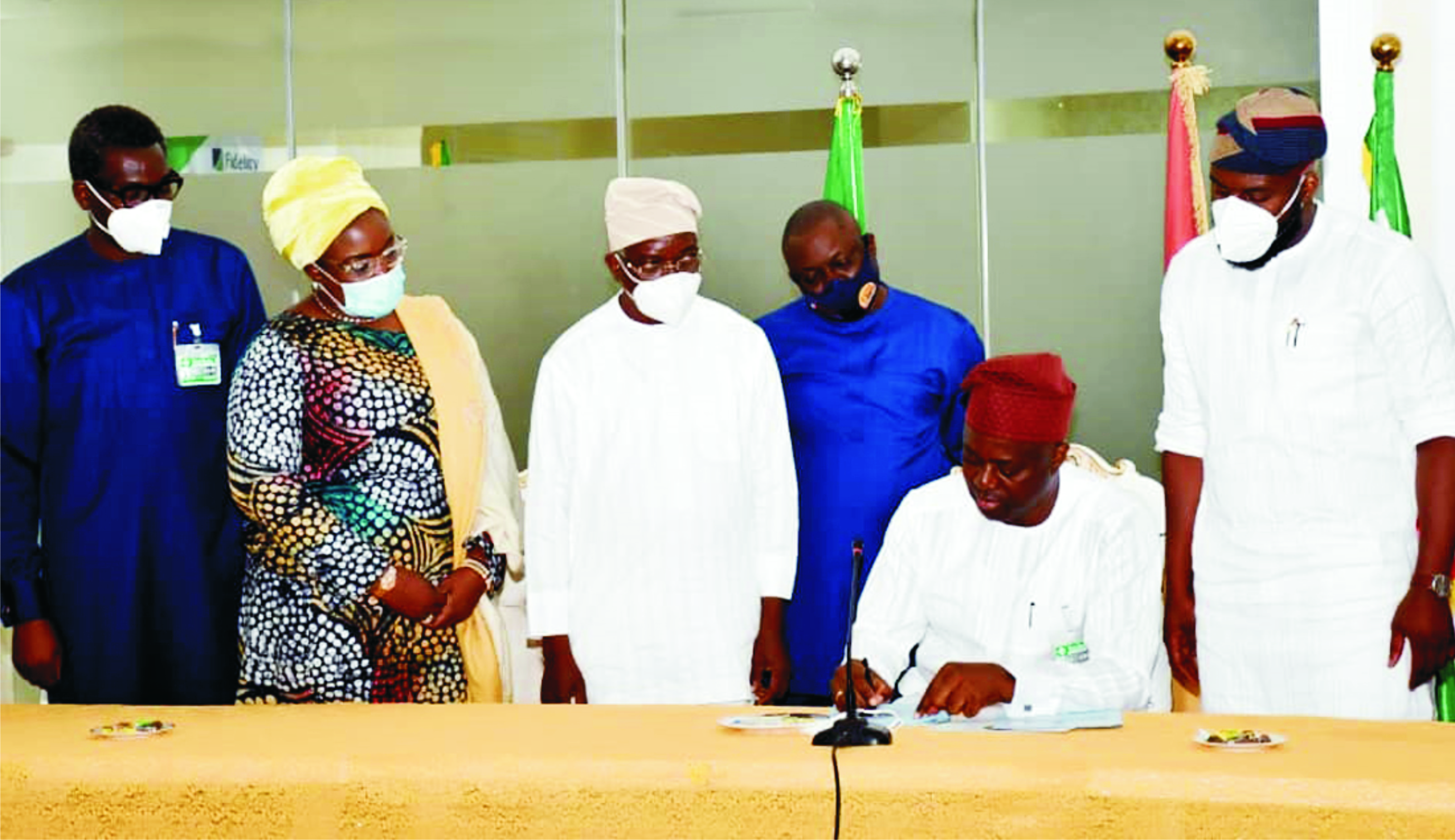Business
Israel, Nigeria Sign Bilateral Agreement On Green Energy

The State of Israel and Nigeria on Wednesday signed bilateral agreement in the field of green energy development.
The agreement was the outcome of a closed door meeting between Mr Yotam Kreiman, Deputy Head of Israeli Mission to Nigeria, Dr Ogbonnaya Onu, Minister of Science and Technology in Abuja.
Yotam told newsmen that “Dor” Group is one of the leading companies in Israel in the field of energy.
He expressed appreciation to both the Dor partners and the ministry over success of the signing of the agreement.
According to him, the company had excelled in production of methanol as a safe, clean and green substitute for fuel in Israel and now in Nigeria.
Yotam said: “Both Dor and the diplomatic relations and friendship between Israel and Nigeria are now 60 years old.
“The process that brought us today has neither been short nor simple, after many test and checks of possibilities and probabilities, it is commencing.
“Israel is happy to bring technologies and knowledge to Nigeria, especially in this dire time, when job opportunities are scarce and much needed.
“We believe this project will change the future of Nigeria and Africa in general, particularly when it comes to green, clean energy.
“We know West Africa region looks up to Nigeria and we are happy to celebrate the beginning of this bilateral relation.”
He extolled Onu and other partners of Dor in Nigeria for their belief in the project to have contributed to the success of the agreement since the inception, meanwhile, Onu commended Israel’s remarkable achievements in the development of technology. According to him, Israel had always excelled in whatever they set their minds on and thereby commended the signing of the bilateral agreement as a win-win situation for both countries.
Business
Fidelity Bank To Empower Women With Sustainable Entrepreneurship Skills, HAP2.0
Business
President Tinubu Approves Extension Ban On Raw Shea Nut Export
Business
Crisis Response: EU-project Delivers New Vet. Clinic To Katsina Govt.
-

 Education5 days ago
Education5 days agoElga boss tasks law students on academics strides
-

 News2 days ago
News2 days agoAmend Constitution To Accommodate State Police, Tinubu Tells Senators
-

 Politics2 days ago
Politics2 days agoSenate Urges Tinubu To Sack CAC Boss
-

 News1 day ago
News1 day agoDisu Takes Over As New IGP …Declares Total War On Corruption, Impunity
-
Business2 days ago
President Tinubu Extends Raw Shea Nuts Export Ban To 2027
-
Business2 days ago
Crisis Response: EU-project Delivers New Vet. Clinic To Katsina Govt.
-

 Business2 days ago
Business2 days agoPENGASSAN Rejects Presidential EO On Oil, Gas Revenue Remittance … Seeks PIA Review
-
Business2 days ago
President Tinubu Approves Extension Ban On Raw Shea Nut Export

